Is 10Gb Ethernet worth it in a router?
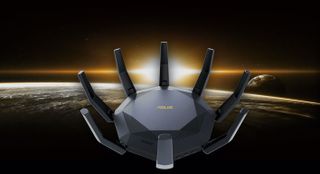
Best answer: No, the vast majority of home networks don't need a 10Gbps Ethernet connection. However, for NAS users that need to move huge files, it can be a great way to improve speeds.
Do you have a fast NAS?
Many of the best new Wi-Fi 6 routers are coming out with multi-gig Ethernet WAN ports and while most of them are limited to 2.5Gbps, a few have started to look to 10Gb Ethernet (10GbE) to help them stand out. The sad fact is that while many of us would love to have a 10Gbps internet connection in our homes, we can't — at least not for several years. If you were looking to 10GbE to improve your internet performance, you're out of luck. Still, there are some good reasons to upgrade your network to 10GbE even with a slower internet connection.
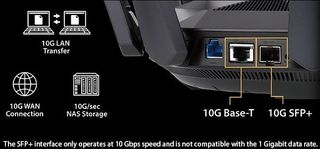
The Asus RT-AX89X is one of the only home routers around with 10GbE but it's really set up for LAN. As a reminder, LAN stands for local area network and refers to the connections on your switch and is how you connect a PC or console to your router or switch. A wide area network, or WAN, refers to a larger network that acts as the source for your router. For most people, this refers to their modem.
The impressive Asus RT-AX89X has a gigabit Ethernet port, 10GbE port, and a 10Gb SFP+ port. The most common setup will use the gigabit port to connect to the internet while the 10GbE or SFP+ will be used to connect to a NAS or other computers on the network. While some computers come with a 10GbE port built in, you can also upgrade many PCs or Macs with PCI-E access including Thunderbolt. The CalDigit Connect 10G is a Thunderbolt 3 adapter that can add 10GbE to a Mac or Windows PC.
Even so, many great NAS systems for home use like the Synology DiskStation DS1520+ don't even come with 10GbE.
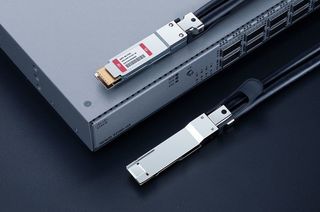
The RT-AX89X's other 10Gb port uses SFP+ which, very simply, uses fiber connections in place of copper. SFP+ connections can travel longer distances than Ethernet and are more resistant to EMF interference. Basically, since Ethernet is copper, it's very good at attracting electric interference. Other than that, Ethernet is favored for its durability and simplicity as long as you're only running a few meters of cable.
Be an expert in 5 minutes
Get the latest news from Android Central, your trusted companion in the world of Android
In the end, if you want to make use of 10Gb speeds in your home, you need a lot more than just a router and most of it is quite expensive. If you have a fast NAS with 10GbE, computers with 10GbE, and short enough runs to use Ethernet over fiber, you should get a router with 10Gb Ethernet. For most people, however, it's just not worth it.
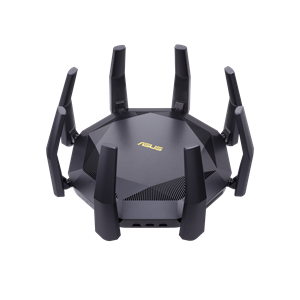
Amazing wired networking with Wi-Fi 6
With AX6000 speeds, eight gigabit Ethernet ports, a 10Gb Ethernet, and 10Gb SFP+ port, the RT-AX89X is a great high-speed router.
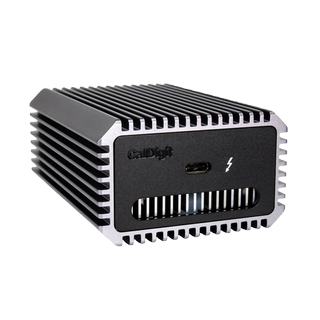
Add 10Gbps support to your laptop
CalDigit's Connect 10G adapter adds 10Gb Ethernet to any computer with thunderbolt 3 with a sleek design and plenty of cooling.
When Samuel is not writing about networking or 5G at Android Central, he spends most of his time researching computer components and obsessing over what CPU goes into the ultimate Windows 98 computer. It's the Pentium 3.

